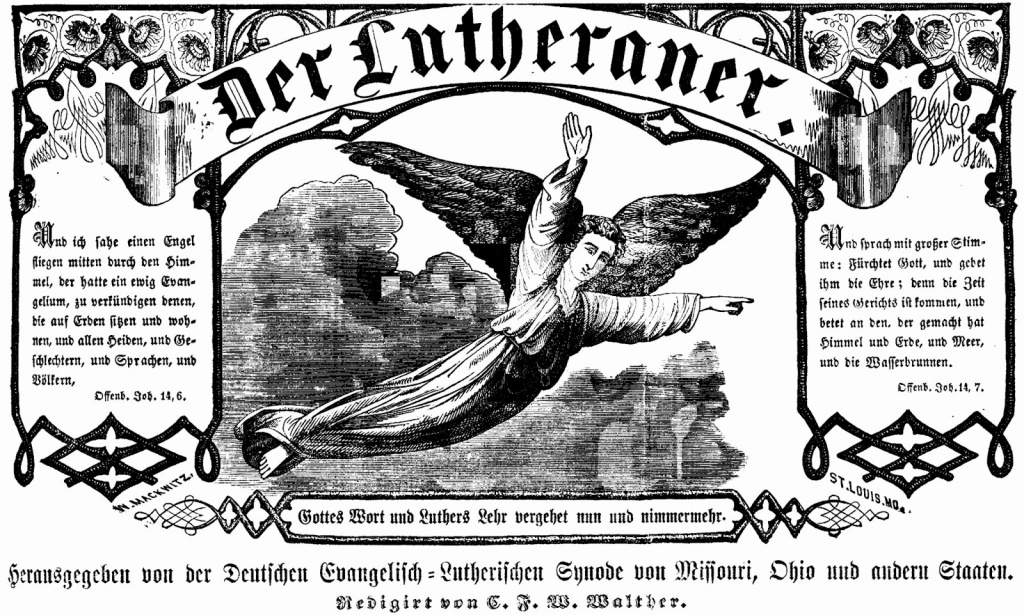In a previous post of mine, I made a few remarks on the recent decision of the Church of England to allow its priests to bless homosexual couples and pseudo-marriages. A part of that which I did not remark on was the fact that this decision was far from unanimous. The votes for this unionistic decision were as follows:
Bishops — in favor 36, against 4 , abstain 2
Clergy — in favor 111, against 85, abstain 5
Laity — in favor 103, against 92, abstain 5
And now the International Lutheran Council reports that, in sessions of its General Synod, February 9-12, 2023, the Lutheran Church of Australia and New Zealand (LCANZ) decided on two resolutions dealing with the ordination of women.
The first resolution was debated on February 10, and saw the church vote on whether to alter church teaching to allow the ordination of women. The vote required a 2/3 majority, which it failed to achieve. In total, 59 percent of delegates voted in favour of the change (203 for; 136 against; 3 abstentions).…
Following the February 10 vote on women’s ordination, the LCANZ adopted a separate proposal on February 11, which calls on the synod to examine the possibility of creating “one church with two different practices of ordination.” Because this proposal was to examine the possibility, rather than to change church teaching at this time, it required only a simple majority, which it achieved (250 for; 89 against; 1 abstention).
I shall deal with the unionistic nature of the adopted proposal in a later post. Now, it is an absolute absurdity for a supposedly Christian synod to adopt any doctrine without a unanimous vote (1 Cor. 1). And even then, this should not be so thought of, as if even a unanimous vote was what actually decided the doctrine (Gal. 1; Rom. 16; etc.). This is why, for example, when the doctrine of election was put to a vote, Walther explicitly said that the only purpose the vote had was to see whether a separation would be necessary, and who would be leaving the fellowship if that were the case. And Walther’s successor, Franz Pieper, in his magnum opus, repeated this truth:
The only purpose of voting in matters of doctrine is to see whether all now understand the teaching of the divine Word and agree to it; the purpose of the vote is not to decide the correctness of doctrine by majority vote or even by unanimous vote.





